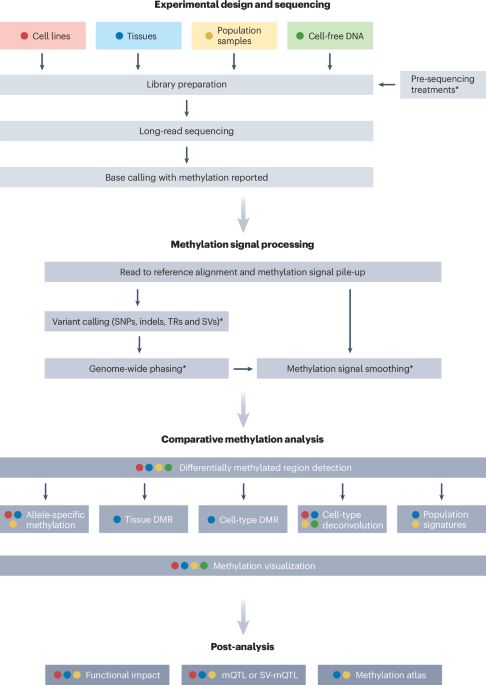“To Learn,Live, Love and Leave a Legacy”
🇿🇼🇺🇦🇺🇸

academic.oup.com/eep/article/...
Register now: hubs.la/Q03pFXJk0
Register now: hubs.la/Q03pFXJk0
What is the best understood mutational signature? Signature 1. Or is it?
An intro thread about a paper we published last year... 🧵1/
www.nature.com/articles/s41...

What is the best understood mutational signature? Signature 1. Or is it?
An intro thread about a paper we published last year... 🧵1/
www.nature.com/articles/s41...
I shared work from the GROWell study exploring triglycerides and adverse pregnancy outcomes, and received 2nd place.
Thank you to my amazing PIs, Leigh Ann Simmons, and our team for making this possible!!!

I shared work from the GROWell study exploring triglycerides and adverse pregnancy outcomes, and received 2nd place.
Thank you to my amazing PIs, Leigh Ann Simmons, and our team for making this possible!!!


academic.oup.com/eep/article/...

academic.oup.com/eep/article/...
https://www.biorxiv.org/content/10.1101/2024.07.11.603098v2.abstract?%3Fcollection=
#epigenetics #genomics

https://www.biorxiv.org/content/10.1101/2024.07.11.603098v2.abstract?%3Fcollection=
#epigenetics #genomics

